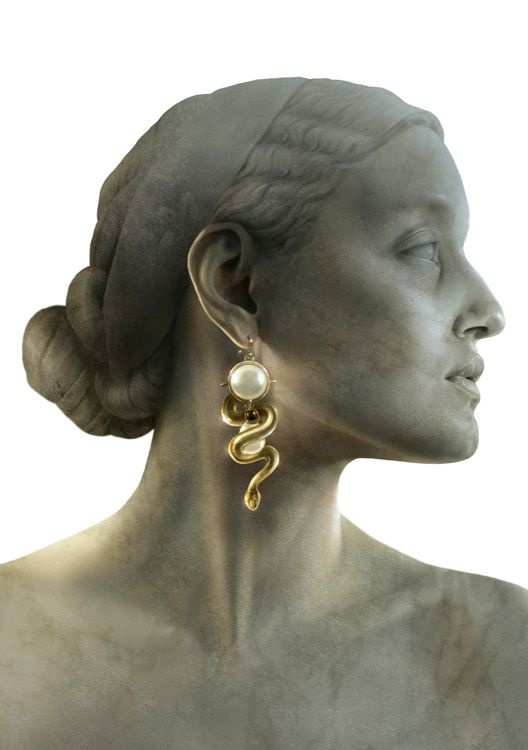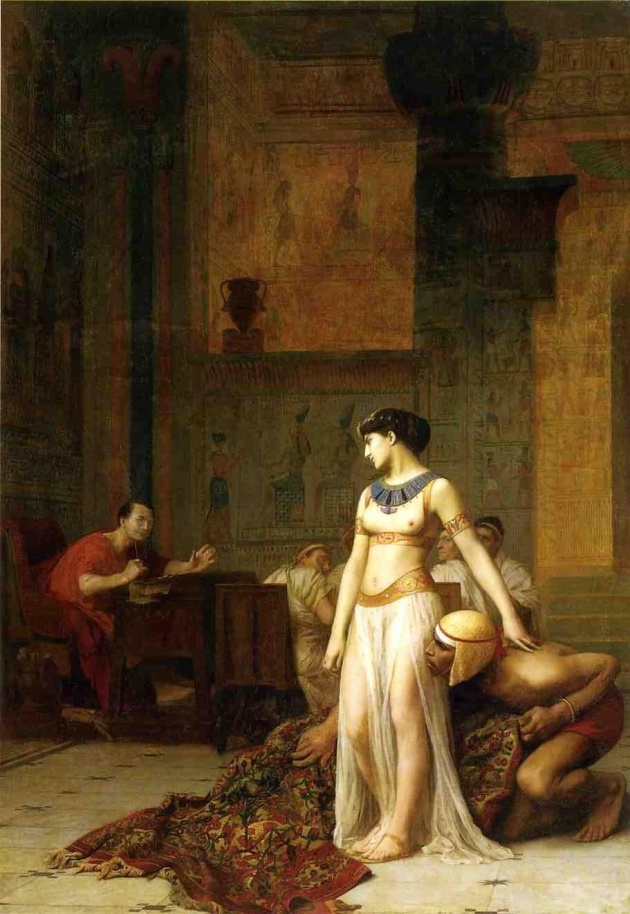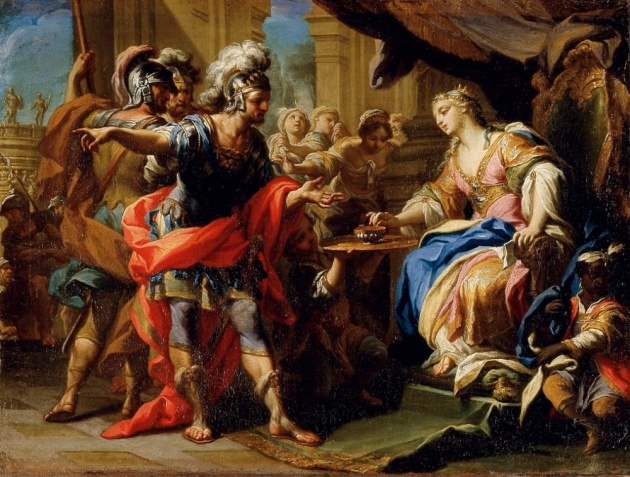Cleopatra VII: Ancient Egypt’s most famous daughter, and its last active Pharaoh. A woman immortalised in film, on canvas and in print. An enigmatic heroine to whom William Shakespeare devoted one of his greatest tragedies. Her story is one that has been retold throughout history – full of romance and love, riches and betrayal. But beneath the gold and glamour lies a far darker tale of sibling rivalry taken to the extreme, and a thirst for power that would change the course of history.
FROM PRINCESS TO QUEEN:
Born c69 BC, Cleopatra was the third of a possible six children, all of whom shared a common father, Ptolemy XII. e Ptolemaic dynasty, a Macedonian-Greek royal family that had ties to Alexander the Great, had ruled Egypt since 305 BC. Traditionally male rulers took the name Ptolemy, while Ptolemaic Queens were usually named Cleopatra, Arsinoë or Berenice.
For Cleopatra, life as a royal daughter was one of luxury. The Egyptian capital Alexandria, the seat of Ptolemaic power, was a thriving cultural centre, attracting scholars, artists and philosophers from all over the world. It was also home to the great Pharos of Alexandria – the 137-metre-tall lighthouse that towered over the city and one of the wonders of the ancient world.
Cleopatra’s first taste of power came at the tender age of 14, when she was made co-regent with her father, following his restoration to the throne after three years in exile, albeit with limited powers. Ptolemy XII’s return to the throne had cost Cleopatra’s elder sister, Berenice – who had seized power in his absence – her life. ere may have been a further elder sister, Cleopatra VI Tryphaena, but she too had died by this point. All of this meant that it was 18-year-old Cleopatra who became co-regent with her brother, Ptolemy XIII (aged ten), when her father died in March 51 BC.
In true pharaonic tradition, which aimed to keep the royal bloodline as pure as possible, Cleopatra married her younger brother and co-ruler, but it soon became clear that she had no intention of sharing power with him. Within months, Ptolemy XIII’s name had been dropped from social documents and Cleopatra’s face appeared alone on coins.
But what else would the young Queen, a woman who may have already seen two sisters murdered for power, do to assert her authority? The answer came from Rome, the superpower whose empire was rapidly expanding across the Middle East and establishing footholds in Egypt for the first time.
The Romans were not a new threat to Egypt. Ptolemy XII had depended heavily on Rome for support, paying heavily for its help, and his reign had left Egypt in financial straits. In addition, economic failures, famine, and deficient floods of the Nile, which aected crops, meant that the first three years of Cleopatra’s co-reign were hard indeed. She knew that to retain her throne she needed the help of a more powerful entity: Rome. But her brother-husband disagreed, and familial relations broke down amidst arguments over the future of Egypt.
LOVE, LUST AND BETRAYAL:
Cleopatra’s quest for power was brought to a temporary halt in 48 BC, when Ptolemy XIII – with the help of his advisors – expelled his elder sister from Alexandria, declaring himself sole ruler. Alone and powerless, Cleopatra’s only hope was to gain the ear of the mighty Roman Emperor Julius Caesar - who had travelled to Alexandria to resolve the ongoing family dispute - and persuade him, by any means available, to help her regain the throne. To succeed, however, Cleopatra needed to return to the capital unseen, and do so before Caesar had reached an agreement with Ptolemy.
Fully prepared to seduce the Roman dictator, Cleopatra, according to an account by Plutarch, “embarked in a little ski and landed at the palace when it was already getting dark... she stretched herself at full length inside a bed-sack, while Apollodorus [her servant] tied the bed-sack up with a cord and carried it indoors to Caesar.”
The plan worked. Cleopatra, having emerged undetected from the bed-sack, spent the night with Caesar – a man 30 years her senior – and persuaded him to aid her cause. It was a calculated act of betrayal, and when Ptolemy found them together he was furious. Sources state that he tore his diadem from his head and threw it to the floor in fit of rage before storming out of the palace, crying out that he had been betrayed and that his sister was a traitor to Egypt.
Some 20,000 troops loyal to Ptolemy, led by Egyptian General Achillas, took up arms and besieged the palace in which Caesar was staying. With Roman reinforcements requested but too far away to be of any quick assistance, Caesar took Ptolemy and the pharoah’s younger sister, Arsinoë, hostage. He then had his men set fire to ships in the harbour in a bid to draw the besieging troops away from the palace. The ruse worked, and Caesar was able to lead a small bodyguard to the Pharos of Alexandria, which stood on an island at the mouth of the harbour, while fire ripped through the city.
In the ensuing chaos, Arsinoë escaped the palace and quickly joined the rebel forces, who proclaimed her Queen of Egypt. Caesar, meanwhile - perhaps hoping that mutual thirst for power would see the two younger siblings turn on each other - had released Ptolemy from the palace. But rather than retreat, the boy-king took up the fight once more, joining forces with Arsinoë.
Cleopatra’s hopes of becoming Egypt’s sole ruler came crashing down around her as she saw her brother and sister urge their troops to attack the lighthouse, catching Caesar off guard and forcing him to swim for his life. Without her protector, it was clear that Cleopatra stood little chance of regaining the throne. As Caesar’s purple cloak – cast o as he fled the rebel forces – was hoisted in victory by Queen Arsinoë, the start of a new chapter in Egyptian history looked certain.
But the arrival of troops from Syria turned the tide in Cleopatra’s favour again, and Ptolemy’s army was defeated. The young Pharaoh himself supposedly drowned whilst trying to escape across the Nile, weighed down by his golden armour. Cleopatra had won.
TO BE CONTINUED...



